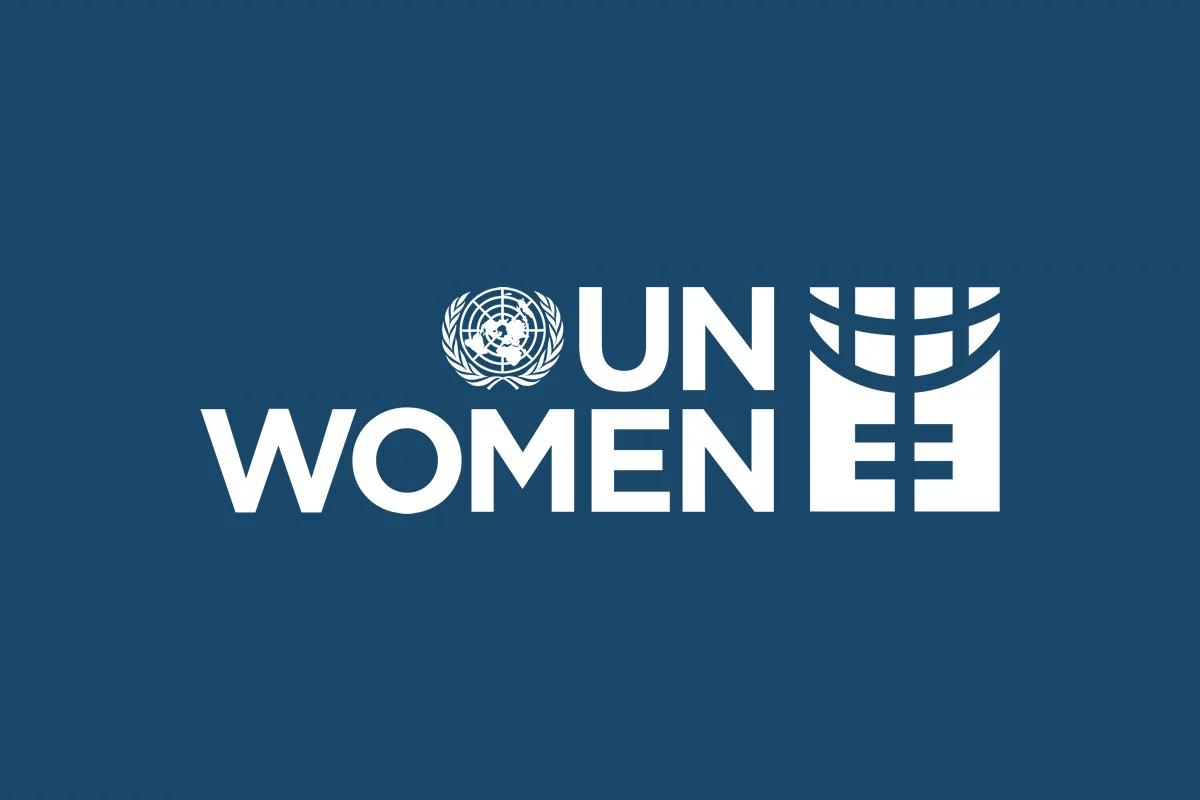Globally, 10.3 per cent of women live in extreme poverty today, according to the report presented by the United Nations (UN) Secretary-General to the Commission on the Status of Women (CSW), and progress towards ending poverty needs to be 26 times faster to achieve the Sustainable Development Goals by 2030.
During the 68th session of the CSW68, the largest UN gathering on gender equality, which recently held in New York for two weeks to discuss progress, identify challenges, set policies and also set global standards on gender equality and the rights of women and girls, there was robust commitments by UN Member States to strengthen financing and institutions to eradicate women’s and girls’ poverty.
During the session, the commission also adopted a resolution on HIV-AIDS led by the Southern Africa Development Community (SADC), which calls to increase investment in gender equality and the empowerment of all women and girls in the HIV-AIDS response.
The outcome document (or Agreed Conclusions) recognises that women and girls living in poverty become ‘shock absorbers’ in times of crisis, and that further efforts are needed to increase resources to address women’s and girls’ poverty.
FG disburses N103bn for basic health care provision fund
FG’s Closeness To US, UK Has Been Harmful To Nigeria – Fani-Kayode
Acknowledging that the international financial architecture is not fit for a crisis-prone world, the commission called for reforms to enable countries to mobilize and invest resources in gender equality.
These measures include debt relief and progressive taxation and ensuring that public resources are allocated to address the needs and rights of women and girls.
The agreed conclusions also recommend mobilising financial resources from public and private sources, strengthening the international financial architecture, ensuring a gender lens in national budgeting processes, and preventing regressive taxation that disproportionately impacts women and girls with low or no income.
The outcome document also notes that official development assistance must be increased to address women’s and girls’ poverty. The share of total aid with gender equality as a policy objective decreased for the first time in a decade from 45 in 2019 to 43 per cent in 2020, per the latest data of the Organisation for Economic Co-operation and Development (OECD).
The commission also called for the implementation of gender-responsive economic and social policies, including increased women’s representation, leadership and participation in economic institutions, enforcing core labour standards to ensure equal pay for work of equal value, and implementing policies to support women-owned businesses.
Engaging and financing women’s organisations is another key recommendation. Robust, flexible and multi-year financing for locally led feminist movements and women’s rights organisations is critical to address poverty, as proven by existing mechanisms such as the UN Trust Fund to End Violence Against Women and the Women’s Peace and Humanitarian Fund.
The agreed conclusions also called for strengthening national capacities to collect and use disaggregated data on multidimensional poverty, and to adopt new development strategies towards sustainable economies.
These include strengthening inclusive and gender-responsive social protection systems and scaling up investment in the care economy to reduce women’s time and income poverty and expand their employment opportunities.
On the sidelines of CSW68, approximately 270 side events were organized by UN member states, intergovernmental organizations and UN entities, and more than 760 parallel events were organized by civil society and youth-led organizations as part of the NGO CSW68 Forum.
The participation of young people, including adolescent girls, across the various CSW sessions, including the Youth Forum, enabled youth delegates to exchange experiences, knowledge, lessons learned and good practices with an emphasis on the multiple dimensions of inequality which exacerbate how young women and girls experience poverty.
Attention is now turning to next year’s 30th anniversary of the adoption of the Beijing Platform for Action. The 69th session of the Commission on the Status of Women (CSW69) will take place from March 10 to 21, 2025 in New York.
Dr. (Mrs) Jumai Ahmadu is Ag. Director, Reform Coordination and Service Improvement Department, FCTA, and founder Helpline Social Support Initiative, Abuja

 Join Daily Trust WhatsApp Community For Quick Access To News and Happenings Around You.
Join Daily Trust WhatsApp Community For Quick Access To News and Happenings Around You.



